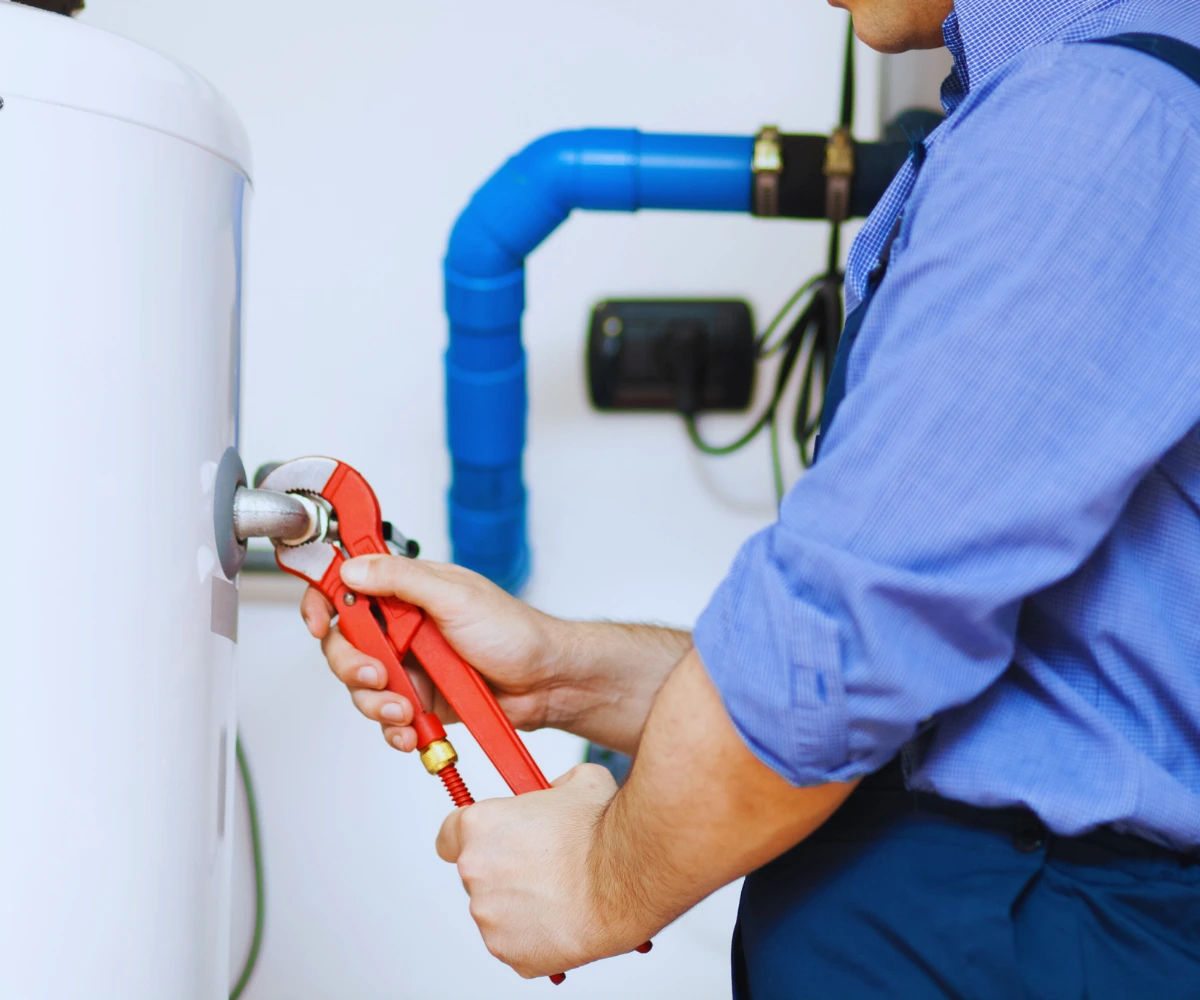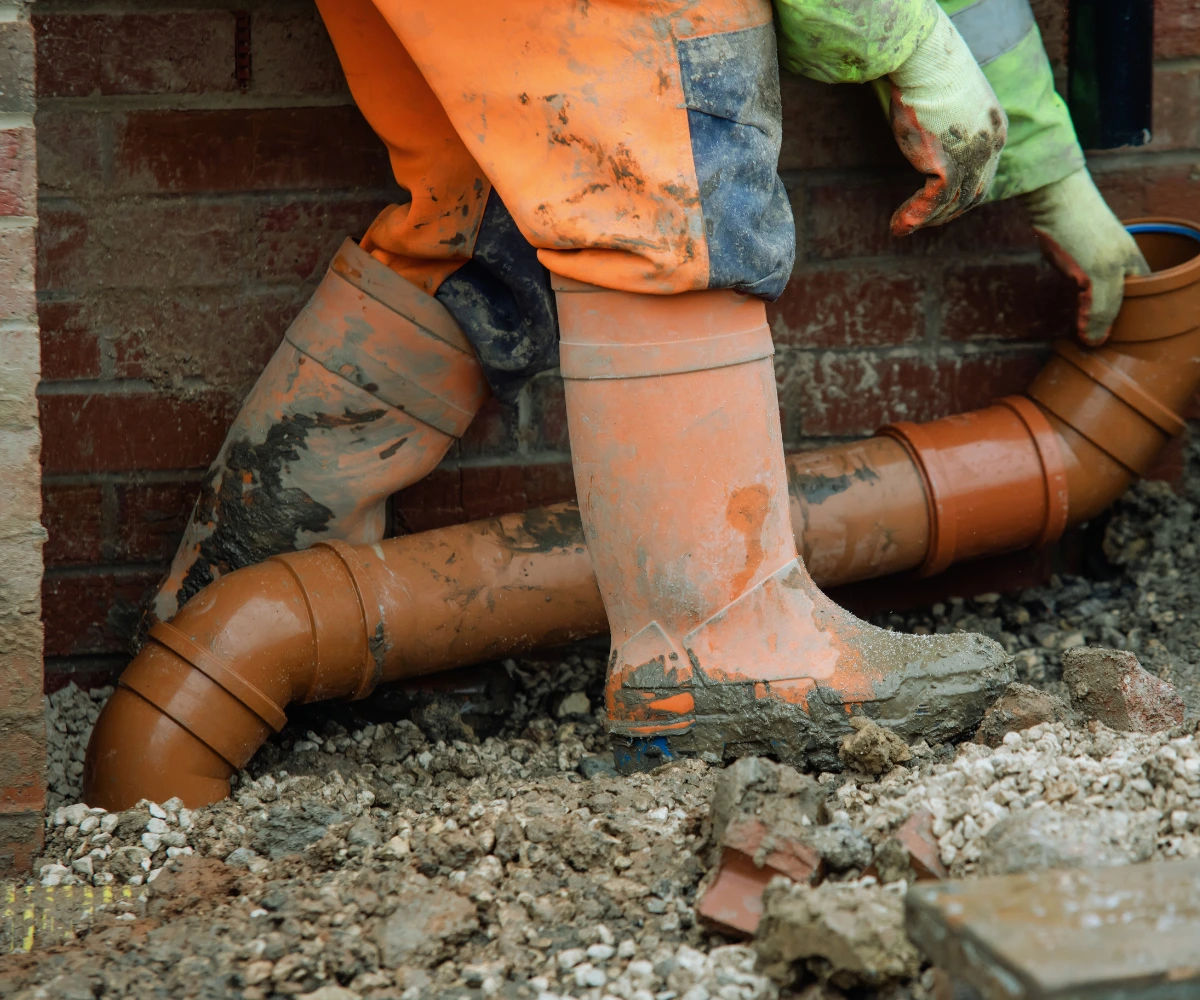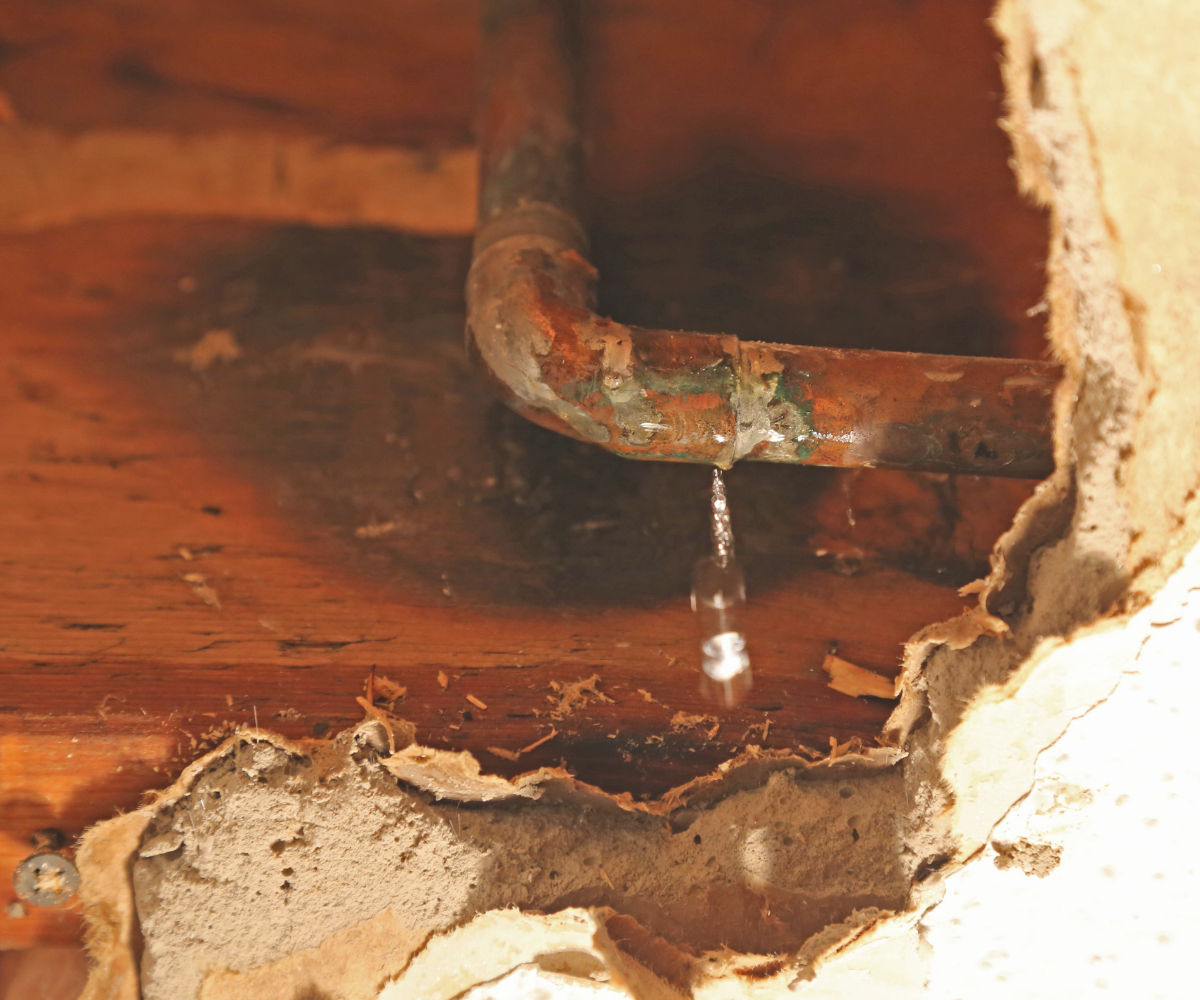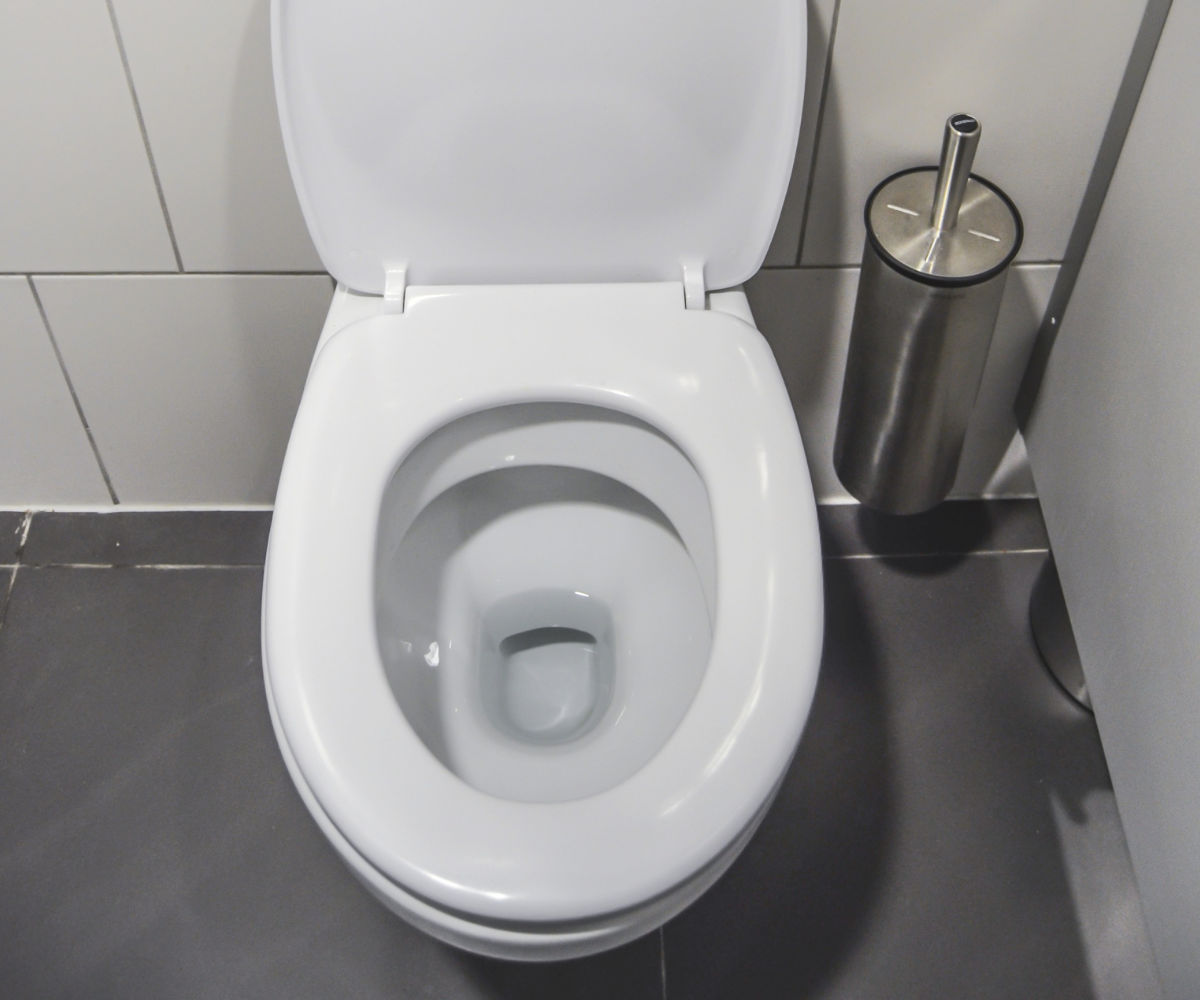BOOK A SPECIALIST
Save $50 When You Book Online
Here You Will Find Blogs Where Our Director, William, Goes Into Greater Detail On Some Of The More Commonly Asked Questions
Most people think of plumbing as dealing with water — fixing leaks, unblocking drains, or installing hot water systems. But plumbing also extends to gas. In New South Wales, only a licensed gas fitter is legally allowed to install or repair gas pipes. That means not every plumber can take on this work. If you need gas lines installed, repaired, or extended, you need a licensed gas plumber in Sydney.
Gas systems keep Sydney households running every day, powering hot water systems, heating, stoves, and even outdoor barbecues. At the centre of this system is the gas regulator, a small but essential device that controls the pressure of gas flowing from the main supply into your home appliances. When it works, you barely notice it. But when problems appear, even something as simple as cooking dinner can become a challenge.
Hiring a plumber in Sydney is often more stressful than it should be. Many residents worry about inflated reviews, unclear pricing, or tradespeople who fail to deliver what they promised. Stories of five-star rated plumbers providing poor service are common, and it leaves homeowners unsure of who to trust. The best way to avoid that frustration is to look at how locals actually find reliable trades and what warning signs to watch for when making your choice.
Cold and wet conditions increase the risk of hot water heater failure in Sydney. Homeowners should flush tanks, inspect valves, test thermostats, and replace worn anodes. Regular maintenance avoids emergencies and keeps heating systems running.
Gas leaks in Sydney homes often occur in winter when heating systems are in constant use. Leaks may go unnoticed in older buildings with worn pipe fittings or corroded joints. Symptoms include rotten egg smells, visible pipe corrosion, and health effects such as dizziness or nausea. Early detection involves soapy water tests, flame colour checks, and appliance performance issues. A licensed gas plumber should handle any suspected leaks, carry out testing, and complete repairs to prevent future risks.
Grease and dairy waste are clogging household drains across Sydney, particularly in winter. Older plumbing, shared pipe systems, and cold temperatures make inner suburbs more prone to fat build-up, slow drainage, and recurring blockages.
A water leak behind a wall often builds quietly. No dripping tap, no sudden flood—just slow, consistent damage. By the time water stains or mould appear, internal materials like timber framing or insulation may already be compromised. In homes across Sydney, especially older builds, concealed leaks are one of the most common causes of internal wall damage.
A toilet that gurgles or bubbles is usually reacting to pressure changes or flow restrictions in the drainage system. These sounds often happen when air is forced through water inside the pipework — usually because wastewater can’t move freely. It’s common in homes with older plumbing, shared drain lines, or poorly maintained vent systems.







.jpg)





